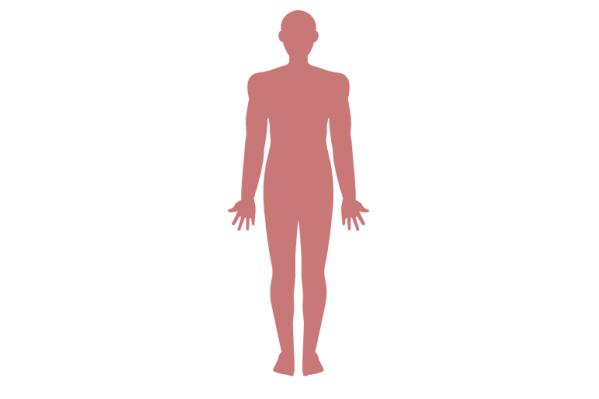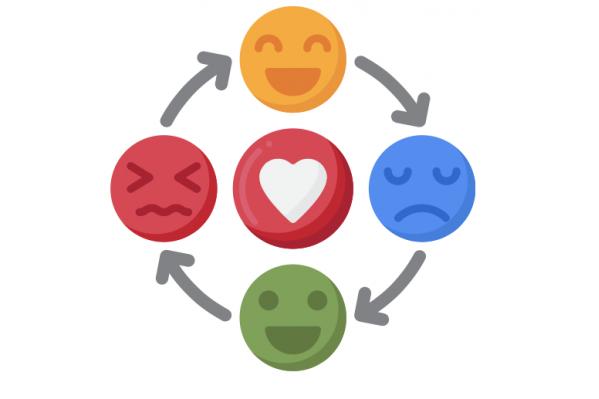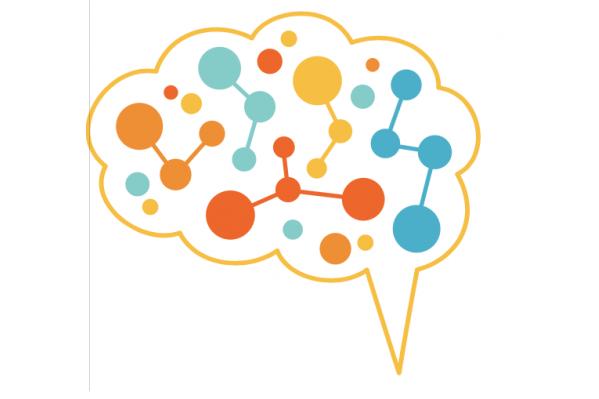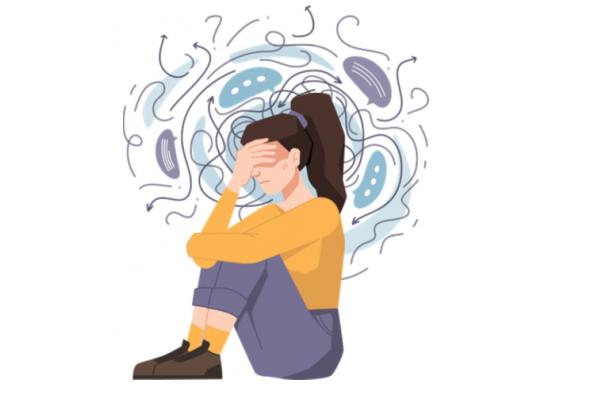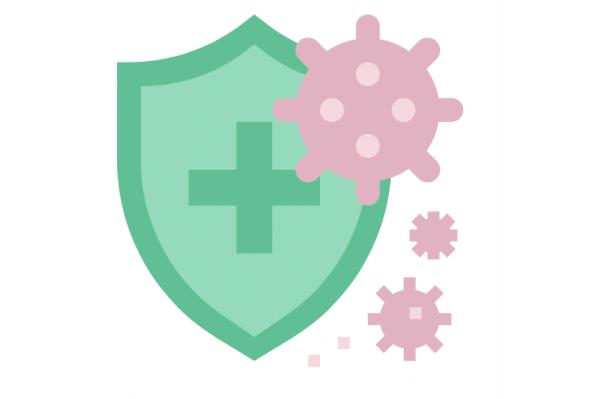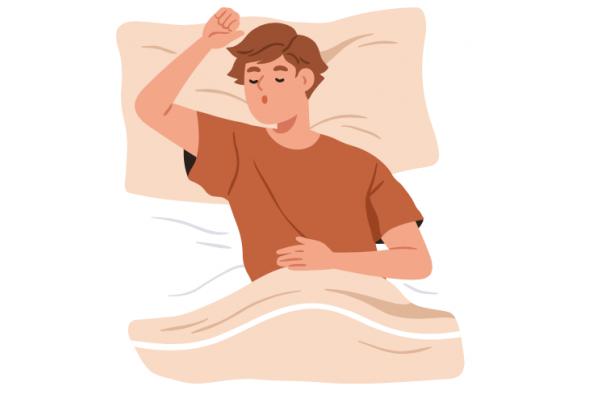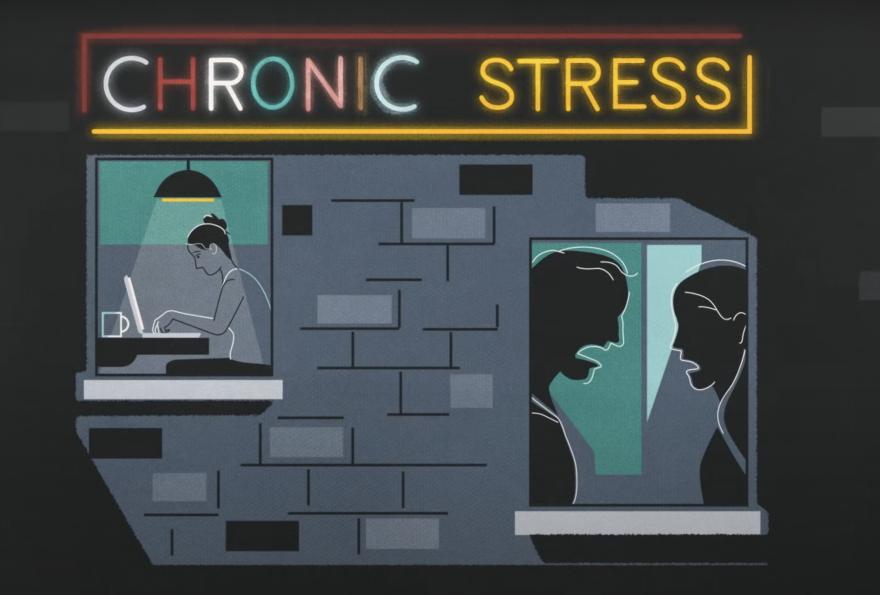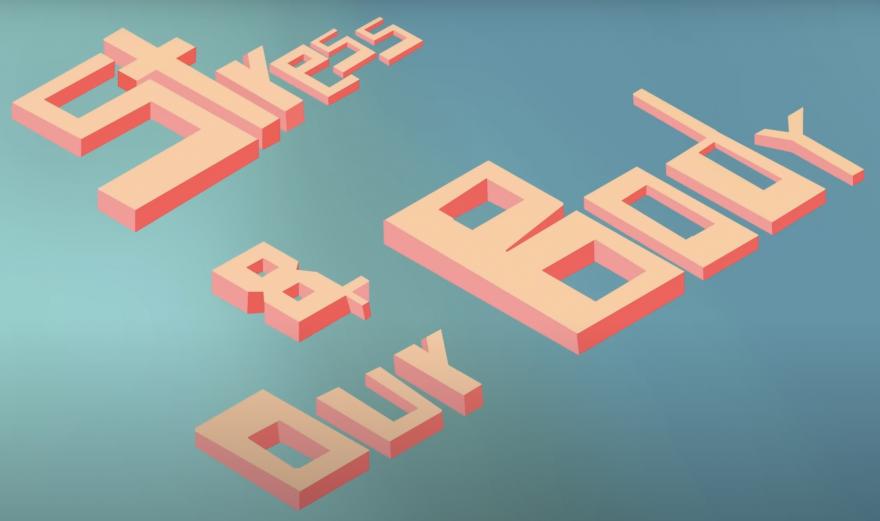Evolution of Stress
In our modern, fast-paced world, it has become increasingly challenging to escape stress entirely. The human body, though remarkably resilient, has not evolved to handle the constant barrage of stressors characteristic of modern life. Our physiological stress response, often referred to as the “fight-or-flight” response, was originally designed to deal with acute, short-term threats in the environment, such as escaping a predator. However, in today’s world, stressors are often chronic and less life-threatening, like workplace pressures or financial concerns. This mismatch between our ancient stress response system and the chronic stressors of modern life can lead to a host of physical and mental health issues.
Signs & Symptoms of Stress
Stress comes in all shapes and sizes, so it's important to recognise that the signs and symptoms of stress can vary from person to person. Additionally, chronic or unmanaged stress can have serious long-term health consequences. Seeking support from mental health professionals, implementing stress management techniques, and making lifestyle changes can help individuals better cope with and reduce the impact of stress on their overall well-being.
Where does stress come from?
Stressors (things that bring about stress) are all around us. Understanding these various sources of stress is crucial for you to develop strategies for managing and mitigating stress and its harmful effects on mental and physical health.
How Stress Affects Your Brain
The video to the right is an exploration into the impact of stress on our brains. It takes us on a journey to understand the relationship between stress and our mental wellbeing. Stress, often viewed as a natural response, can indeed be beneficial in certain situations, providing a surge of energy and heightened focus. However, when stress becomes a constant companion, its effects extend beyond the emotional realm, delving into the very structure and function of our brains. Madhumita Murgia unravels the intricate ways chronic stress can reshape our brain, influencing everything from its size to the intricate dance of our genes.
How Stress Affects Your Body
As we delve deeper into the relationship between stress and our wellbeing, our next video, presented by Sharon Horesh Bergquist, explains the physiological consequences of prolonged stress on our bodies. Building upon the understanding that stress, when appropriately harnessed, can offer a burst of alertness and energy, Bergquist sheds light on the darker side of stress when it persists for too long. This video will explore the body's response to chronic stress, gaining insight into the profound impact it can have on virtually every aspect of our physical wellbeing. Let's embark on a journey to understand what unfolds inside our bodies when the stress response becomes a chronic companion."
Ways to Combat Stress
Remember that managing stress is an ongoing process, and it may require a combination of these strategies to find what works best for you. It's important to seek help from healthcare professionals if stress becomes overwhelming or chronic, as they can provide tailored guidance and support to address your specific needs.
Stress Awareness
Relaxation Techniques
Mindfulness & Meditation
Physical Activity
Healthy Diet
Adequate Sleep
Time Management
Social Connections
Seek Professional Help
Set Realistic Goals
Make Time for Hobbies & Interests
Limit Information Overload
Practice Gratitude
Self-Care
Deepen Breathing Practices
Mindful Tech Use
